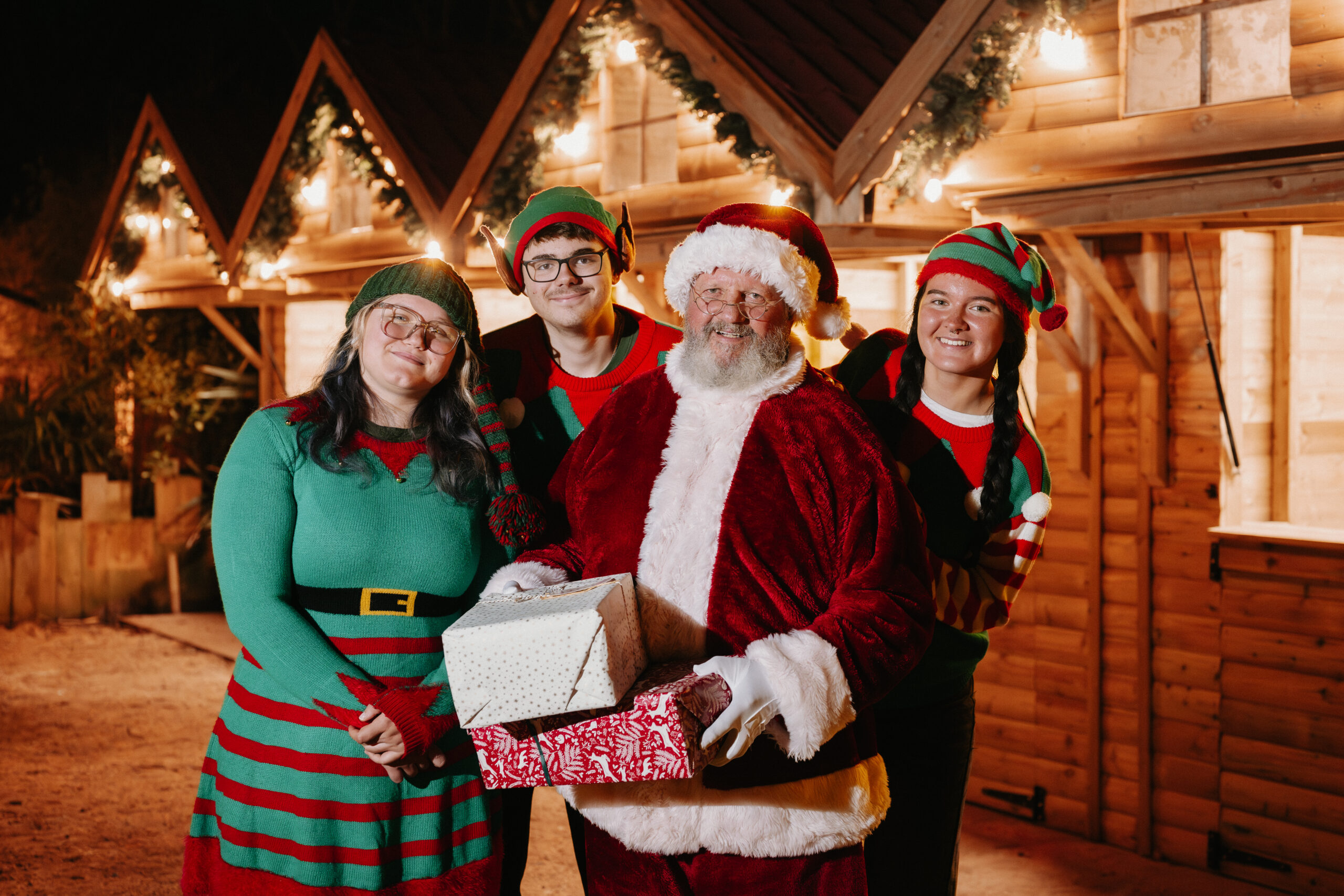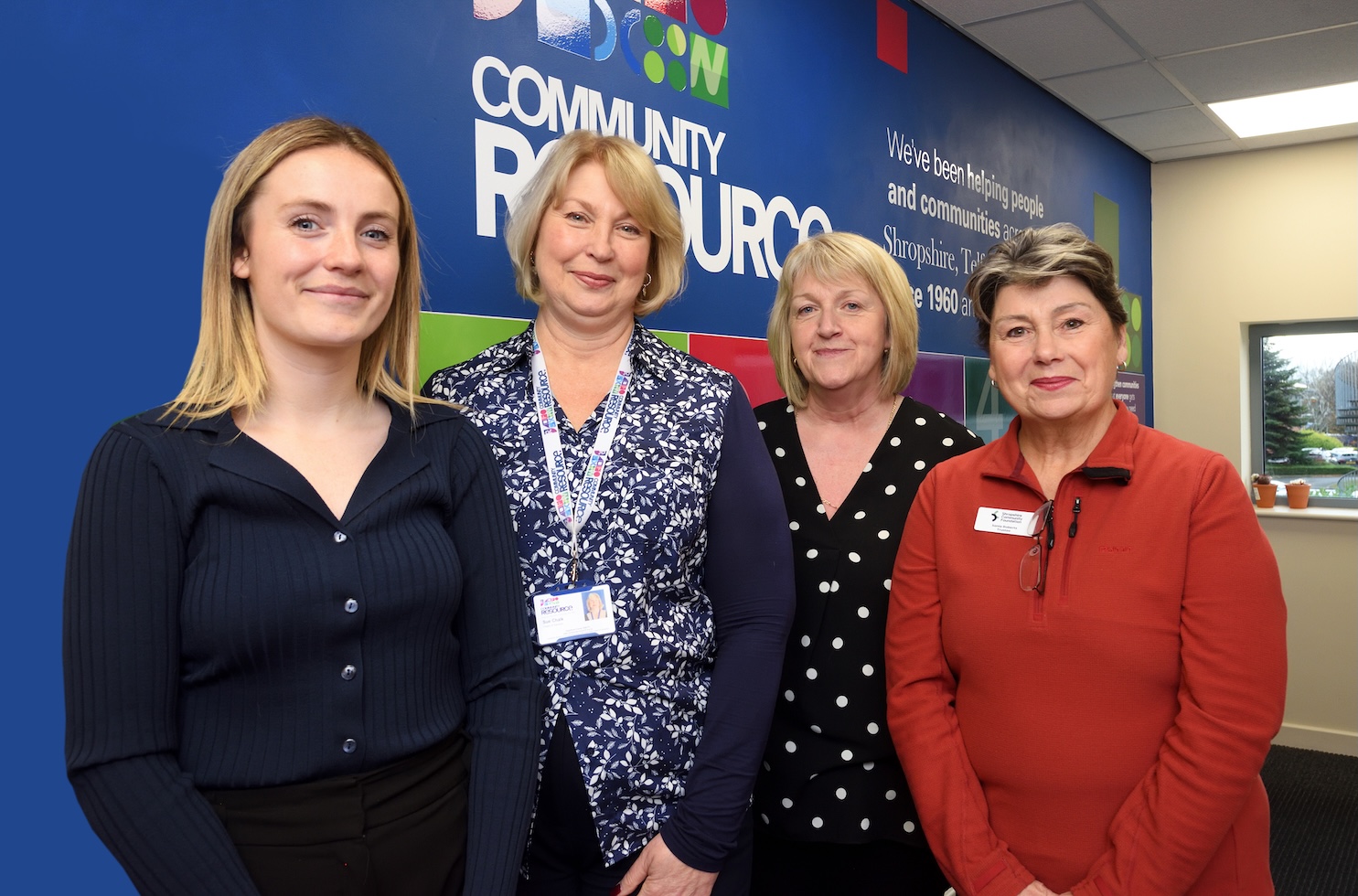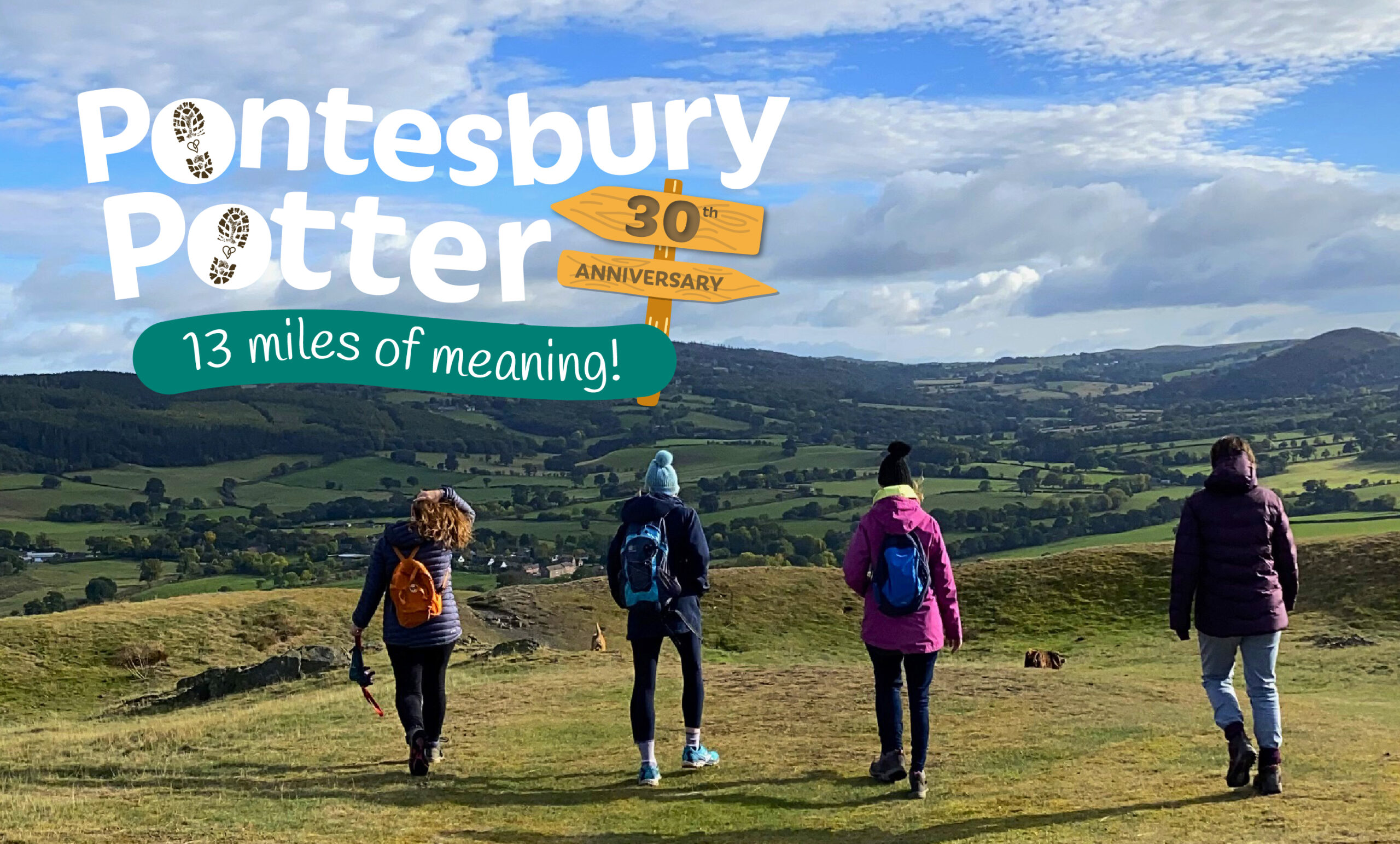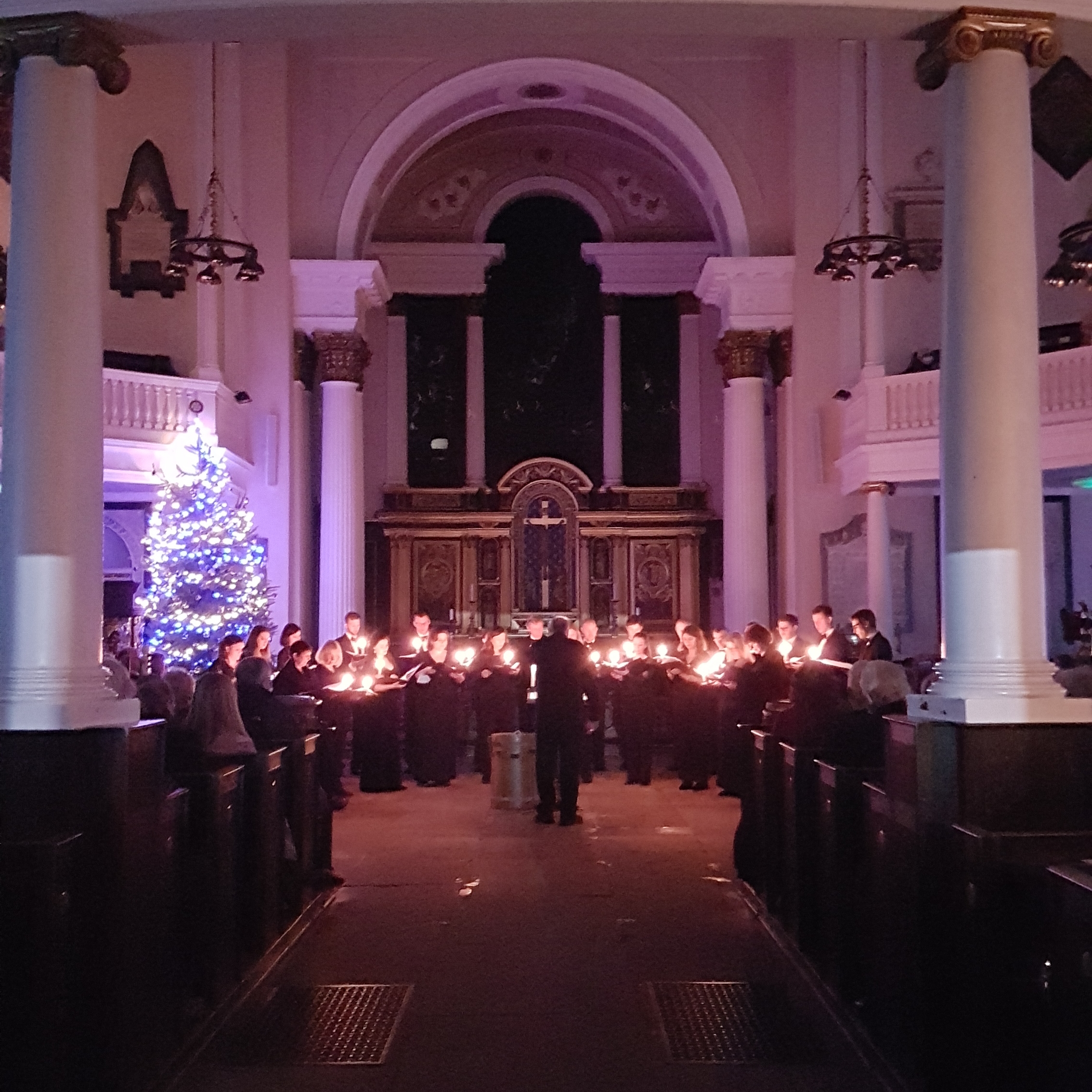Neil Thomas chats to the Shropshire man who’s a film composer, classical writer . . . and part-time ‘Elton John’.
Vengeance is a 2013 gritty thriller starring Danny Dyer and a host of familiar British character actors. The movie, directed by Stephen Reynolds, won much acclaim and is still widely streamed today.
Breakdown, a similarly violent British movie starring another renowned tough guy actor, Craig Fairbrass, also made a mark on its release in 2016.
The edgy, pulsating electronic musical soundtracks to both were composed by a Shropshire man.
Phil Mountford’s scores, which enhance the pacy drama of the films, were created in the studio of his rural home just outside Bridgnorth.
Other film credits illustrate Phil’s versatility – for instance, he wrote the music for the 2014 film documentary Journey to Le Mans. Centred around the famous 24-hour motor race and narrated by star actor Patrick Stewart, it has been shown worldwide.
And he is about to start work on the score for a film due to be released later this year, The Sun Also Rises, again starring Craig Fairbrass.
Writing film scores, though, is only a part of Phil’s repertoire. He composes original music for Fordante, the ensemble he formed a dozen years ago which performs regularly at venues throughout England.
And he also thrills fans of Sir Elton John with his tribute rock band, Forever Elton, with Phil centre stage on piano. The band has played gigs across the country and abroad. Indeed, Shropshire fans will have the chance to see Phil in glam outfit and big glasses when Forever Elton plays at Oakengates Theatre, Telford, on Saturday 23rd April.

Other projects include composing the music for children’s theatre and a departure into writing choral music.
He developed his passion for music as a boy and it is richly fulfilling to make a living from it, Phil says.
“It might sound like a cliché, but I really am living my dream.”
His route to a career in the music profession was far from conventional, though.
“Most classical composers and musicians tend to have a grounding as full-time students at one of the leading conservatoires but I left school at 15 to be a stone mason.”
Phil, who grew up in Kidderminster, worked for his parents’ firm, designing, making and selling marble fireplaces.
“I would build marble fireplaces based on classic or contemporary designs, so it was quite creative work,” he recalls.
However, he and his father both agreed that Phil should pursue more formal qualifications towards a career with greater long-term prospects.
“So, I completed the first year of an Open University degree course in Computer Science in 1988 when I was 18 and decided I wanted to study this at a local university. I was told I needed Maths A level so then I crammed this into the next 9 months and was offered a place.
“IT and music had been my two great interests as a boy and, in fact, a lot of pop songs in the 1980s joined them together when you think of the computer-generated production in the sounds of bands like Erasure, Pet Shop Boys, Depeche Mode, Kraftwerk, Orchestral Manoeuvres and so on.”

In 1989, Phil gained a place at Aston University to study Software Engineering and from 1993 embarked on a career as a computer programmer.
Music still played a big part in his life but remained a hobby.
“When I was 10, I started lessons on the electronic organ at the Mike Rose Music School in Worcester. That gave me an introduction to performing in theatres on the keyboard.”
When he was 18, he met his wife-to-be Louise, a clarinettist, through their mutual love of music.
“I started a duo with her dad, my future father-in-law, performing in local pubs and clubs. I was on vocals and keyboards and he was on saxophone.”
“Playing to 180 people in Evesham Abbey, with soft lighting, video projection and music which the audience hopefully connects with emotionally, is a really nice vibe.”
Phil and Louise married in their early 20s and moved to their present home just outside Bridgnorth in 1998 when their daughter Zoe was born. Son Josh came along three years later.
Meanwhile, Phil was building his career in IT. As the years rolled by, though, he began to think increasingly about making more of his passion for music. He composed pieces in his spare time and in 2004 had the chance to start writing music for short films, including Norman Wisdom’s last film Espresso.

“It was made to raise money for the Macmillan Cancer Fund. By then Norman Wisdom was living in a nursing home, but he agreed to take part and he was quite a name to have.”
Then, in 2009 as he approached 40, Phil took a leap of faith.
“After 16 years in computer programming, I had the chance to take voluntary redundancy and pursue my ambition to be a film composer.
“It was something of a risk, as these things inevitably are, especially when you have a young family as I had. But I thought it was probably now or never so I went for it.”

At the same time, he started composing light classical music and formed Fordante, inspired by the work of Italian pianist and composer Ludovico Einaudi. To perform his compositions, he assembled Fordante, again with an Italian inspiration, this time the chamber orchestra Rondò Veneziano, which specialises in Baroque music performed with a pop rhythm section.
“It might sound like a cliché, but I really am living my dream.”
Fordante is Rebecca Dawkins on oboe, Rebecca Rose on cello, Shulah Oliver on violin and Vanessa Murby on viola, as well as Phil on piano.
“The main emphasis is to make classical music appealing to everyone. The shows are always light-hearted with plenty of audience interaction, stylish lighting and image projection which creates a more involving and atmospheric experience. A tag line for the group could almost be ‘like Andre Rieu with a smaller orchestra’, which is actually what we’ve been described as.
“Playing to 180 people in Evesham Abbey, with soft lighting, video projection and music which the audience hopefully connects with emotionally, is a really nice vibe.
“We’ve also developed a new show for 2022 called A Night at The Movies, which features music from many blockbusters including Gladiator, James Bond, Game of Thrones, Love Actually, Braveheart, The Godfather, Titanic and Lord of The Rings.”
The creative process is largely about inspiration but to develop his writing skills in a more formal way, Phil studied composition for several years privately with Lee Differ, a tutor from Birmingham Conservatoire.
“I learned a great deal from that; it was certainly worthwhile and made me understand why I was making certain choices automatically when composing.”
As chance would have it, a demo CD was picked up by a future film director from Coventry, Stephen Reynolds. He was impressed by Phil’s understanding of film music and, for the next few years, would employ him to score several short films along with features such as Vendetta.

“It is not unusual for directors to use the same composer when they find someone who they feel they can trust with their projects,” Phil says.
He can score a film in different ways, all dependant on what the director is looking for.
“Sometimes the director will have a firm idea of what they want and will even send over scenes with existing music overlayed and ask me to compose something similar. That can create challenges, as the director will have watched the film so many times with the temp soundtrack that they are not as open to anything original and this temp music may be potentially at odds with what you feel works musically for the scene.
“Other times, I have more creative control and can compose a completely fresh soundtrack.
“Either way, it’s quite pressurised work because of the tight deadlines involved. It is difficult to compose music from the script alone, so you are basically waiting for a locked edit of the footage . It means you are one of the final links in the chain with the release date just weeks away.”
That can lead to long, intense working days in the studio. “For instance, on Journey to Le Mans I was starting at 9am and would still be in the studio with the director Charlotte Fantelli at 2am the following morning.”
Phil’s first foray into writing choral music came about in 2016, when he was commissioned to score a musical suite to mark the Centenary of The First World War (1914-18). Armistice Day 2016 witnessed the premiere of ‘Suite for The Fallen Soldier, with over 70 vocalists performing the 50-minute work to much critical acclaim.
Phil’s hugely popular Elton John tribute show came about almost by accident.
“In 2018 I was asked to put together a rock/pop charity show for my father-in-law as a way of saying thank you, and raising funds, after he had recently received life-saving heart surgery.
“I was the musical director, orchestrating a 12-piece band with a string section, and was asked to perform an act in the show. As I was on keys, I decided I’d play some Elton John. And it made me realise just how much I liked performing Sir Elton’s music. So, I took a few of the members from this concert band and formed a six-piece outfit, Forever Elton.”
An added joy is that he works with his grown-up children, who are both in the line-up – 24-year-old Zoe, a classically-trained singer, on vocals and 21-year-old Josh, who trained at the Royal Northern College of Music, on cello.

“We have performed in theatres around the country and abroad. A particular highlight was taking the band to Malta for a couple of New Year’s concerts in hotels at the end of 2019. Obviously, the pandemic put the performing side on hold for parts of 2020 and 2021 but thankfully concerts are back on and things will hopefully get easier from now on.
“So, my time is spent either as a solo act or with the band as Forever Elton where I’m up and down the country, which I really love. Or I’m performing chilled out, relaxing classical concerts with Fordante. Or I’m in the studio writing for film or other media projects, such as theatre, cinema, adverts and television.
“I compose the score to a children’s theatre every year which is particularly fun as the parameters for writing songs for primary/secondary school children are a little different.”
Phil is also working on a DYCP (Developing Your Creative Practice) Arts Council England funded project, recording a string trio for his soon-to-be released contemporary classical album.
“It’s something new for me, writing something quite minimalist in style but all the time ensuring there is a relatable, emotional content. It’s quite different to anything I’ve composed before and I’m looking forward to seeing how it is received.
“When he was 18, he met his wife-to-be Louise, a clarinettist, through their mutual love of music.”
“Though she prefers to remain behind the scenes, Louise is an integral part of what I do. Musically, she is very honest about my work. If she feels something isn’t working, she says so. I trust her judgement completely. She gives me the best critique I could hope for.”
There is another critic whose approval is also hard-won, a funding body whose endorsement is surely a sign that you have something creative to offer the world.
“I’ve been lucky enough to have Arts Council England support six times to date, for which I’m very grateful,” Phil says. “It’s been a nice pat on the back.”






